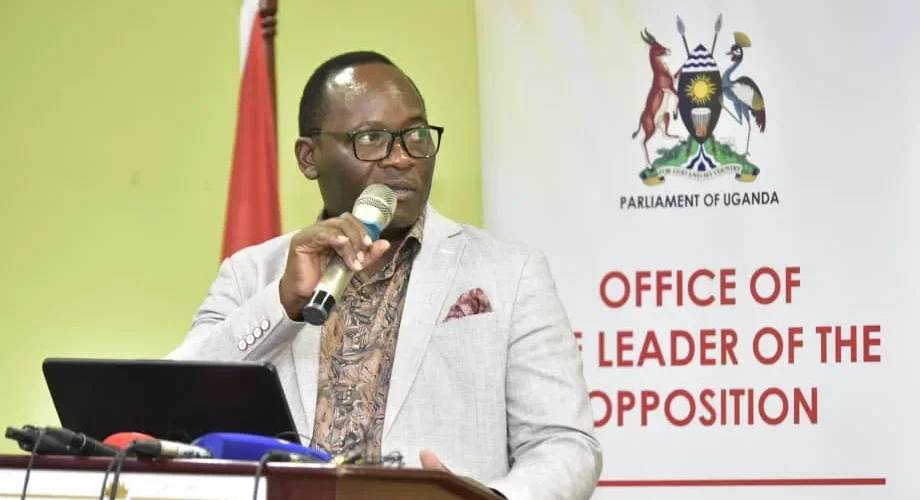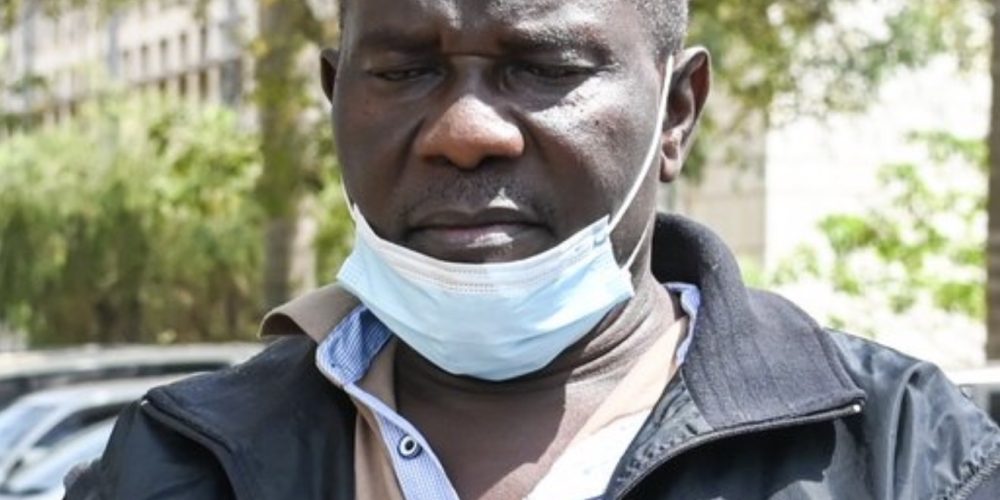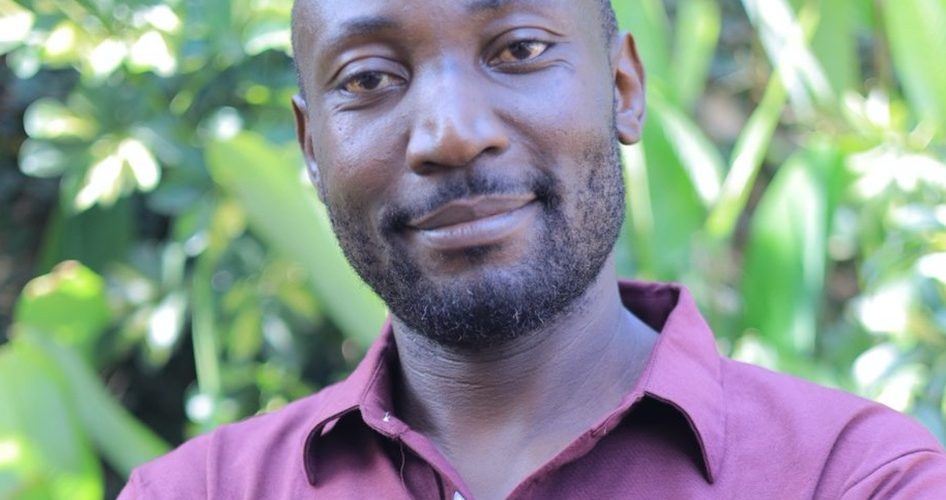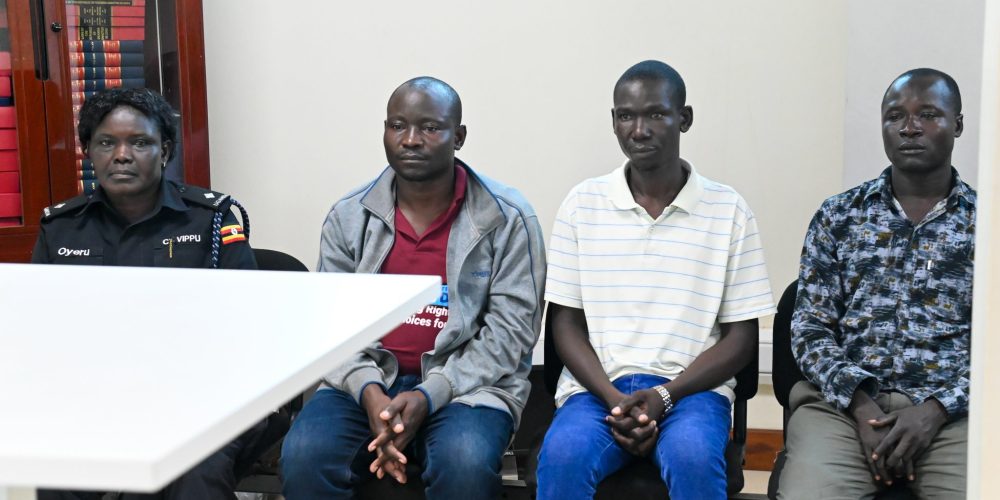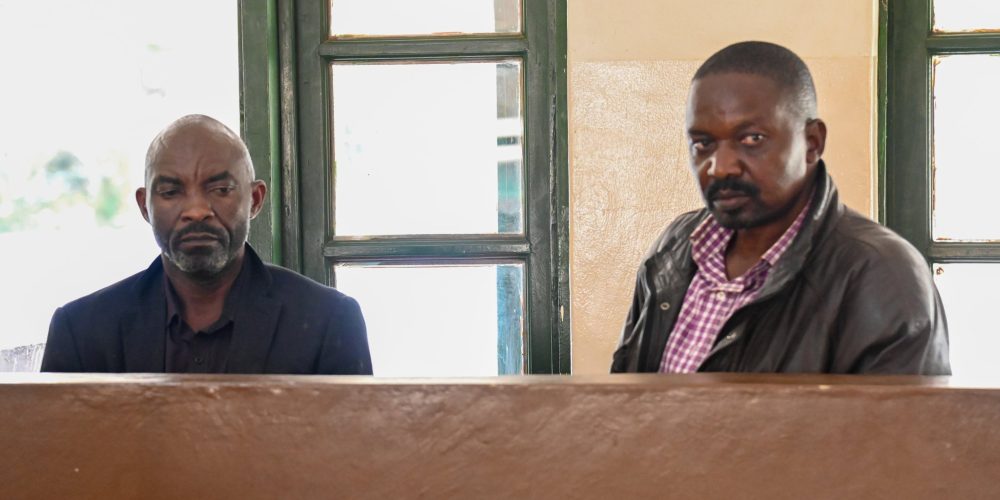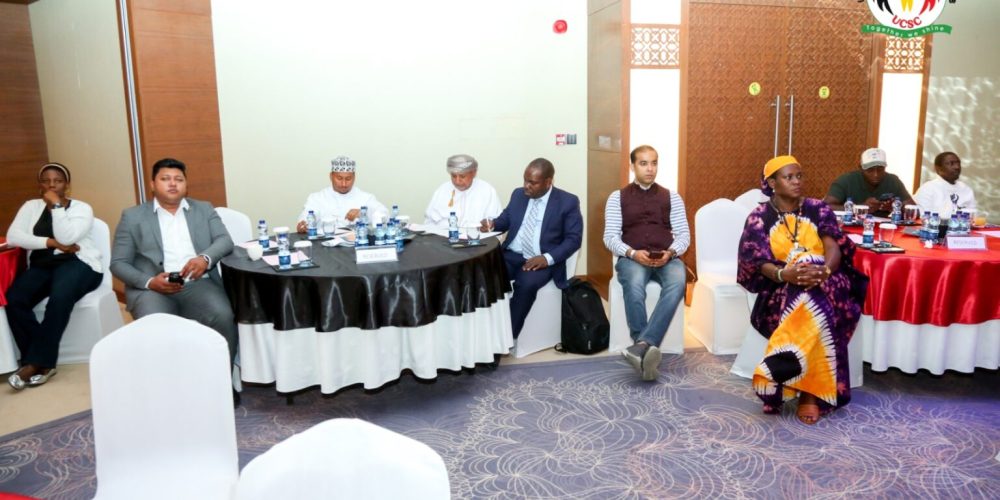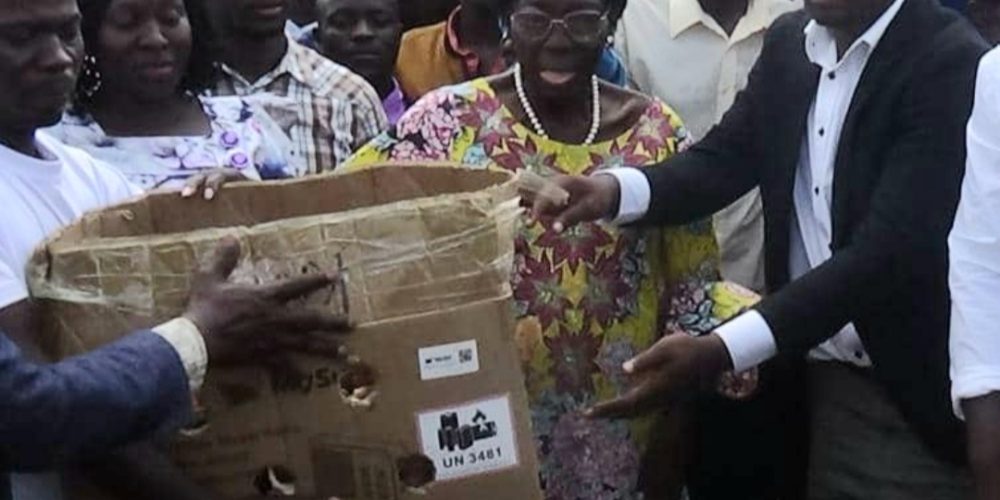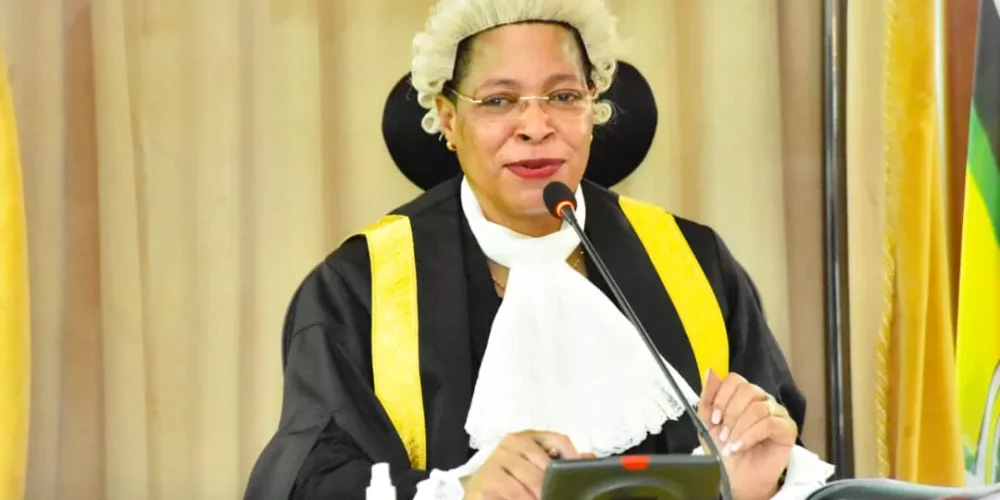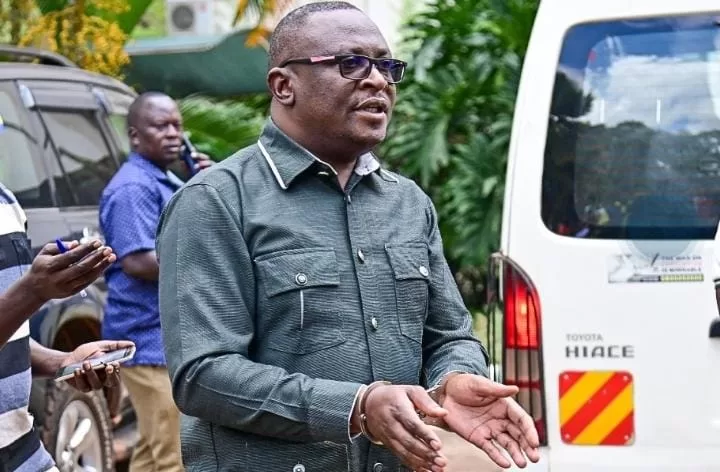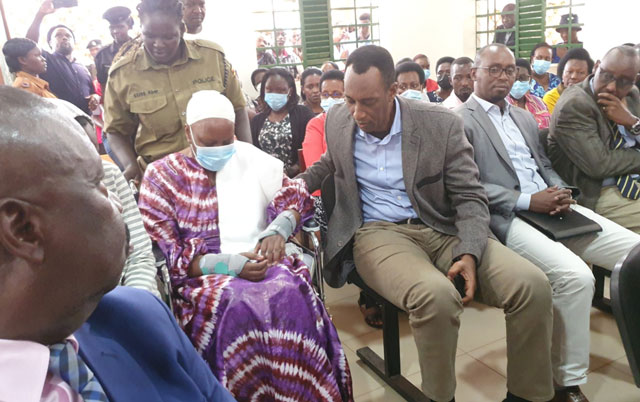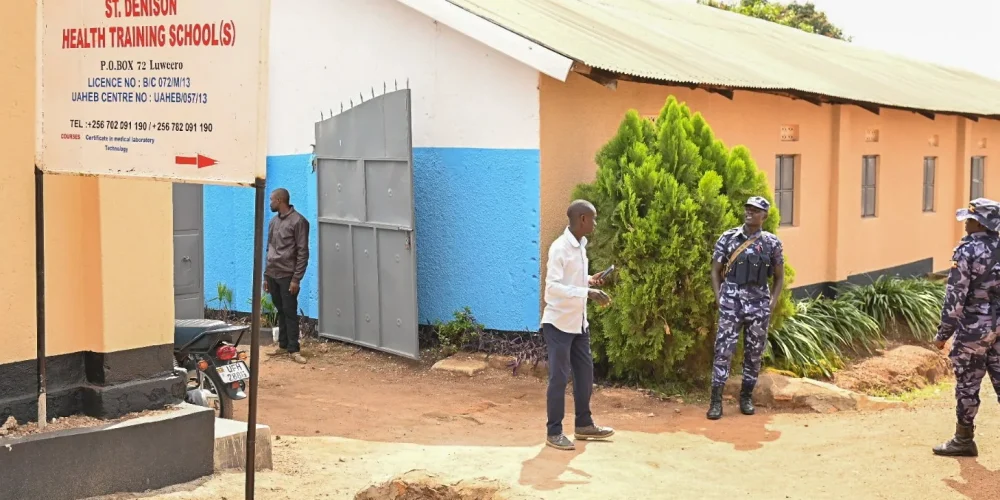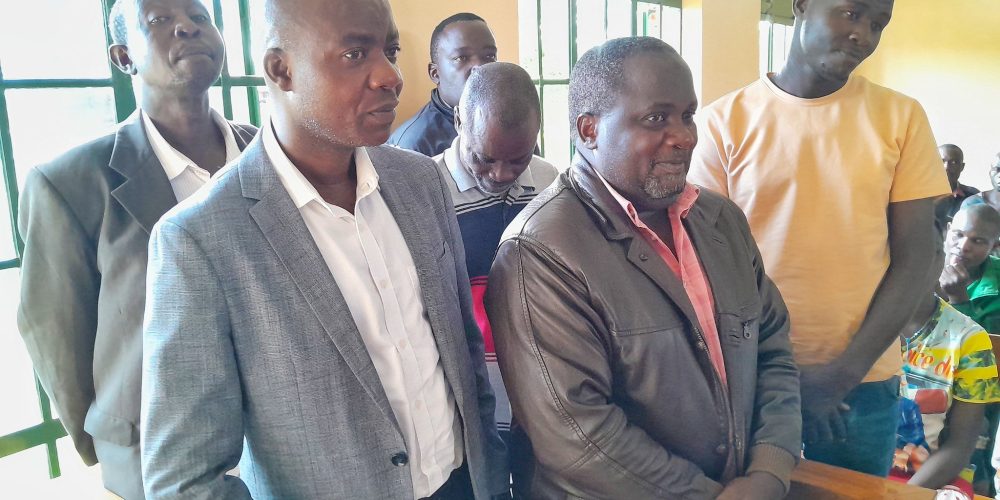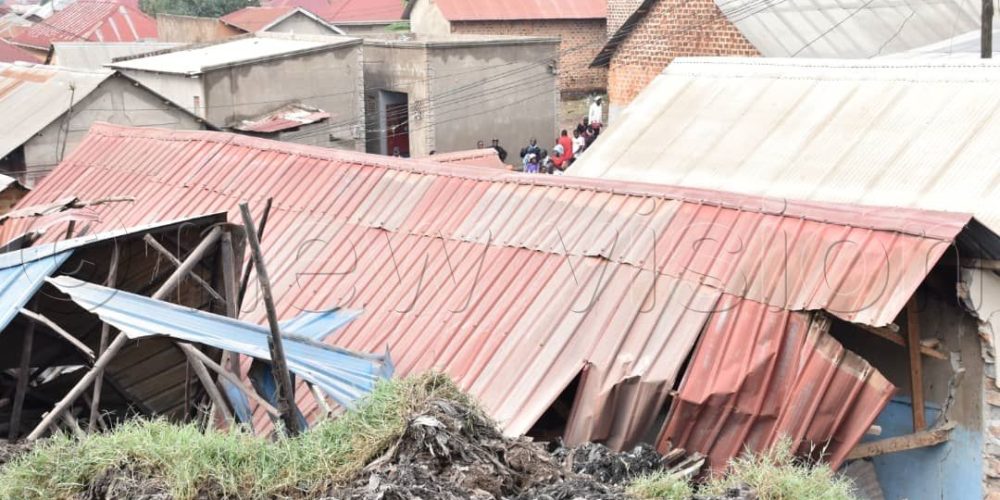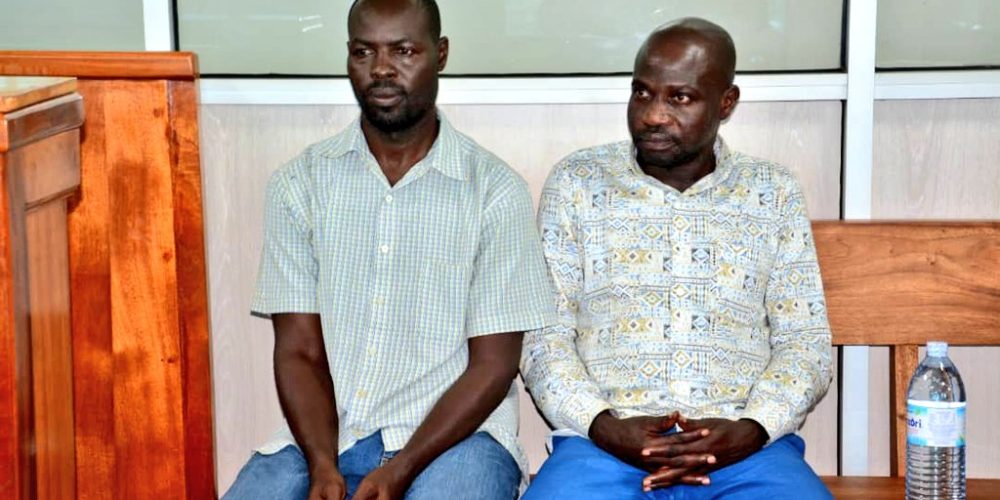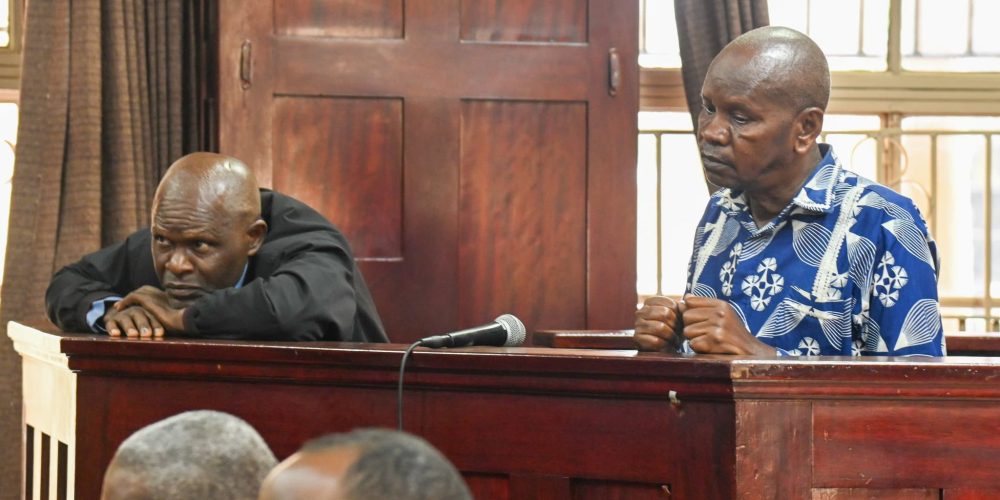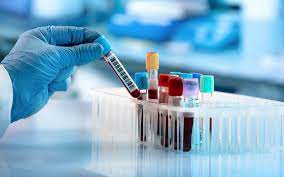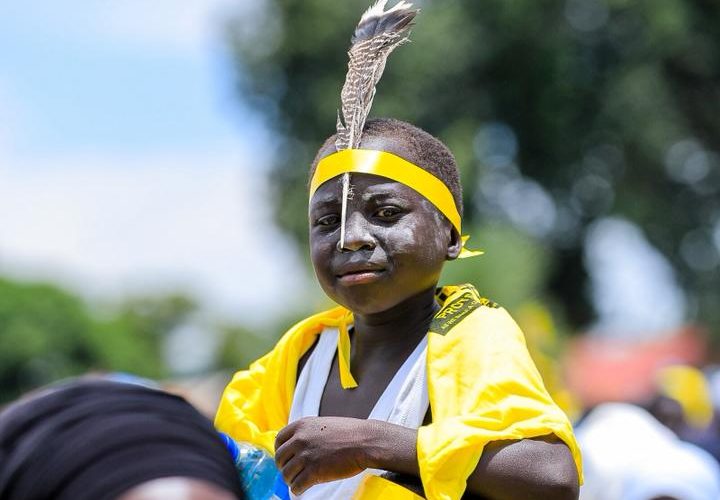Shs 806.3bn bailout: Dei Biopharma, Roko benefit
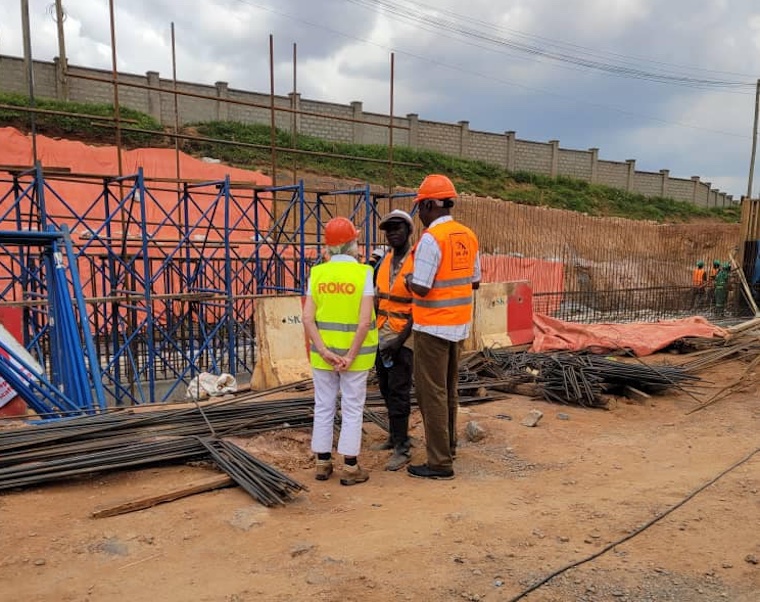
BY The Observer
KAMPALA.Last month, the minister of Finance, Matia Kasaija, presented a Shs 72.1 trillion budget for the financial year 2024/25.
According to the budget, the government is projected to generate Shs 32.3 trillion through revenue collection to fund its activities.
Additionally, the government expects to borrow Shs 1.3 trillion from external sources and Shs 8.9 trillion from internal sources. Domestic debt refinancing is anticipated to amount to Shs 19.8 trillion, with Shs 9.5 trillion allocated for project support through grants and loans.The budget estimates indicate that the first allocations will go towards external debt repayments, totalling Shs 3.149 trillion. Project support through loans and grants is allocated Shs 9.583 trillion. Domestic refinancing is set at Shs 12 trillion, while interest payments are a substantial Shs 9 trillion.
Other allocations include Shs 603 billion for the recapitalization of the Bank of Uganda (BoU), Shs 200 billion for domestic arrears, and Shs 9.1 trillion for domestic debt payments to the BoU. Of the total resource envelope, Shs 806.3 billion has been allocated to bail out local companies.
The local firms receiving support include Dei Biopharma Ltd., Roko Construction Company, Jena Herbals, Jennifer Serwanga Sempala, and the anti-tick vaccine project at Makerere University.
ROKO CONSTRUCTION COMPANY
Ramathan Ggoobi, Uganda’s secretary to the Treasury, highlighted that in the current financial year, the government has allocated Shs 56.2 billion as payment for the shares it acquired in Roko Construction Company. In July 2022, parliament approved the government’s decision to purchase 150,000 preference shares worth Shs 207.13 billion in Roko Construction Company Ltd.
At that time, Roko had projects with signed contracts worth Shs 1.064 trillion, of which Shs 696.6 billion was for government projects, including the Parliamentary Building. The company’s indebtedness as of May 31, 2022, stood at Shs 202.4 billion.
Recently, Roko had contingent liabilities from bank guarantees for ongoing projects worth Shs 130.9 billion, while its indebtedness to financial institutions totals Shs 35.7 million and $20.7 billion (Shs 78.8 trillion), with dues to local suppliers amounting to Shs 46.8 billion.
Ggoobi emphasized the importance of government investment in the company to ensure the completion of these contracts and its financial recovery.
“At the end of the day, Uganda’s biggest construction company and hundreds of jobs have been saved,” he stated. He also noted the broader economic benefits, saying, “URA is collecting more tax revenue, and the larger economy is benefiting from a positive multiplier effect. More strategic local companies have been supported. That’s economics that works.”
The government’s decision to acquire preference shares in Roko Construction Company Ltd also sparked controversy. Former Leader of Opposition in Parliament (LoP) Mathias Mpuuga and a group of MPs petitioned Speaker Anita Among, challenging the decision. They accused Deputy Speaker Thomas Tayebwa of flouting parliamentary rules by bringing up the matter without it being on the order paper.
Mpuuga stated, “We have petitioned the house expressing displeasure, and we shall have this matter formally presented to the house and we shall ask the house to make a decision. Parliament is an honourable house and at all times should reflect the wishes of the people.”
Masaka District Woman MP Joan Namutaawe criticized the bailout process, saying, “To stop misappropriation of public funds through an abused process, I have appended my signature on a motion opposing the uncharitable manner in which the deputy speaker hurriedly passed a bailout of Shs 207.3 billion for Roko Construction Ltd.”
She argued that the bailout showed favouritism for foreign-owned businesses at the expense of local enterprises, noting the government’s refusal to bail out Sembule Steel Mills in 2013, which had requested Shs 7 billion. Namutaawe also pointed out that Roko Construction Ltd, which has 27 lawsuits for default in the Uganda Commercial court, was unfairly selected for the bailout.
She and other MPs demanded the reversal of the bailout and called for clear policy guidelines on how the government determines which companies qualify for financial support using public funds.
DEI BIOPHARMA LTD
This financial year, the government has allocated Shs 723 billion to the financially distressed multi-billion-dollar pharmaceutical and mRNA vaccine manufacturing facility, Dei Biopharma Ltd. Owned by biochemist Mathias Magoola and funded by Equity Bank Ltd., the facility aims to produce affordable, high-quality medicines for cancer and malaria treatment. Upon completion, it is projected to produce one billion doses of mRNA vaccines.
According to Finance minister Matia Kasaija, the production of generic drugs, cancer drugs, and human vaccines is scheduled to start by November 2024. “The facility will reportedly create job opportunities for more than 10,000 science professionals and 30,000 others in the support ecosystem. The government is in the process of finalizing eq- uity acquisitions in exchange for its Shs 723 billion investment,” Kasaija stated.
GENESIS OF DEI BIOPHARMA FINANCIAL STRUGGLES
The Observer has learned that Equity Bank Ltd. provided US $100 million (Shs 368.7 billion) in funding for construction, the importation of hi-tech medical equipment and machines, as well as working capital support for Dei Biopharma Ltd. Additionally, Uganda Development Bank contributed US$20 million (Shs 73.7 billion) and Tropical bank provided US$2 million (Shs 7.3 billion) in loans.
Magoola is reportedly struggling with these loans. Last year, Tropical bank, through Kaweesi and Partners Advocates, published a notice to auction some of Magoola’s properties in Matugga to recover its money. The properties include Kyadondo Block 82, Plot 1081, and Plot 1082—about 51 acres of land—and another 9.5 acres located near the Dei Pharmaceutical facility.
At that time, Equity bank was also under pressure to put Magoola’s property up for sale. Magoola owns several companies, including Dei Industries, which deals in maize and wheat milling and processing; Dei BioPharma Ltd.; Dei Natural Products; and others.













